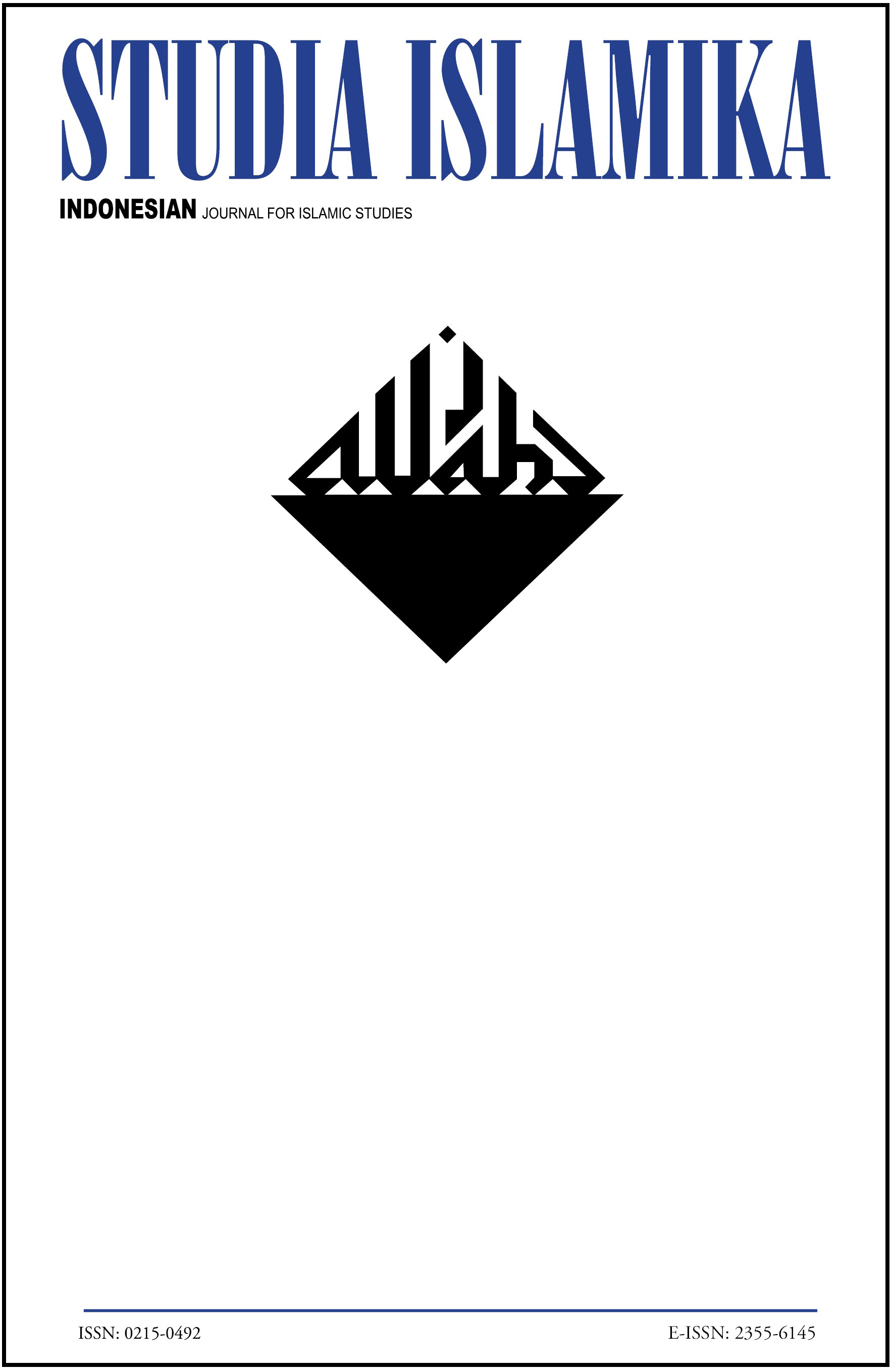Abstract
K.H. Ahmad Sanusi played an important role in developing the intellectual traditions of pesantren in Priangan, West Java, Indonesia. Scholars have already gone some way in describing this role. However, Sanusi’s response to colonialism has, in comparison, almost gone unnoticed. Generally, Sanusi’s works were published while he was in exile, which happened shortly after his return from Mecca. For example, one of his critical works of colonialism was Malja’ Al-Ṭālibīn, a Sundanese Qur’anic exegesis in pegon script which circulated in 1930-1931. In focusing on Sanusi, this article argues that the ‘ulamā’ of pesantren played an important role in embedding influential anti-colonial sentiment in Priangan. This was achieved not only through physical resistance but also through religious publications. Sanusi’s anti-colonial spirit would later influence his interpretation of the Qur’an. His experiences reveal the influence of his pilgrimage to Haramayn in growing a sense of Indonesian nationhood in the early 20th century.DOI: 10.15408/sdi.v22i2.1921Authors who publish with this journal agree to the following terms:
- Authors retain copyright and grant the journal right of first publication with the work simultaneously licensed under a Creative Commons Attribution License that allows others to share the work with an acknowledgement of the work's authorship and initial publication in this journal.
- Authors are able to enter into separate, additional contractual arrangements for the non-exclusive distribution of the journal's published version of the work (e.g., post it to an institutional repository or publish it in a book), with an acknowledgement of its initial publication in this journal.
- Authors are permitted and encouraged to post their work online (e.g., in institutional repositories or on their website) prior to and during the submission process, as it can lead to productive exchanges, as well as earlier and greater citation of published work.
Downloads
Download data is not yet available.

